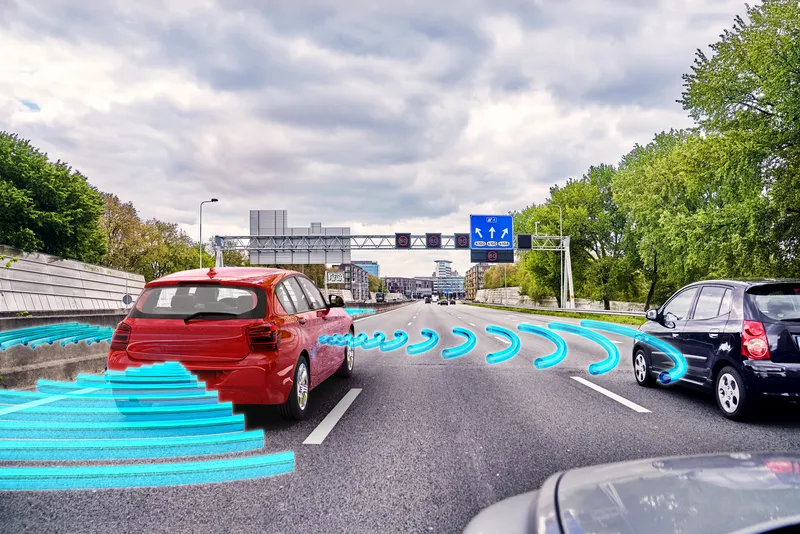The first Social Innovation Forum taking place today in Istanbul, Turkey will focus on urban development and how new, ‘smart’ technologies can deliver innovations that answer society's challenges.
Cities are projected to host almost 54 per cent of the world's population by next year, with the United Nations estimating that up to 80 per cent, or approximately 7.5 billion people, of the global population will live in urban areas by 2050. Urbanisation is leading to further stress on infrastructure – power d
February 19, 2014
Read time: 2 mins
The first Social Innovation Forum taking place today in Istanbul, Turkey will focus on urban development and how new, ‘smart’ technologies can deliver innovations that answer society's challenges.
Cities are projected to host almost 54 per cent of the world's population by next year, with the United Nations estimating that up to 80 per cent, or approximately 7.5 billion people, of the global population will live in urban areas by 2050. Urbanisation is leading to further stress on infrastructure – power distribution, sewage, water system, transport – meaning the arteries of urban centres are at risk of becoming blocked. Socially, the lure of the city is straining education, policing and welfare.
Organised for the first time by2213 Hitachi, the global technology and infrastructure company, and 2097 Frost & Sullivan, a global growth consulting firm, the Social Innovation Forum will bring together local and global companies alongside government leaders and local authorities for a day of insight, debate and technology demonstrations.
Discussion will focus on the challenges facing today's urban societies, and what industry and government can do to help make life more comfortable, sustainable and productive for citizens. The Forum's key subjects will be "smart" cities and urban infrastructure, intelligent water solutions, healthcare – including big data and biometrics, and urban transportation.
By 2025, over three quarters of Turkey's population are expected to live in cities. During the same period, one Mega City, one Mega Region, and one Mega Corridor are poised to emerge. "The next stage of development will be toward a connected and digital Turkey. The Turkish ICT sector will play a significant role in the country's economy, making strong contributions to the country's GDP and it will drive the 'smart infrastructure' investment," says Frost & Sullivan director in Turkey Philipp J. Reuter, who will give the opening speech.
Cities are projected to host almost 54 per cent of the world's population by next year, with the United Nations estimating that up to 80 per cent, or approximately 7.5 billion people, of the global population will live in urban areas by 2050. Urbanisation is leading to further stress on infrastructure – power distribution, sewage, water system, transport – meaning the arteries of urban centres are at risk of becoming blocked. Socially, the lure of the city is straining education, policing and welfare.
Organised for the first time by
Discussion will focus on the challenges facing today's urban societies, and what industry and government can do to help make life more comfortable, sustainable and productive for citizens. The Forum's key subjects will be "smart" cities and urban infrastructure, intelligent water solutions, healthcare – including big data and biometrics, and urban transportation.
By 2025, over three quarters of Turkey's population are expected to live in cities. During the same period, one Mega City, one Mega Region, and one Mega Corridor are poised to emerge. "The next stage of development will be toward a connected and digital Turkey. The Turkish ICT sector will play a significant role in the country's economy, making strong contributions to the country's GDP and it will drive the 'smart infrastructure' investment," says Frost & Sullivan director in Turkey Philipp J. Reuter, who will give the opening speech.







